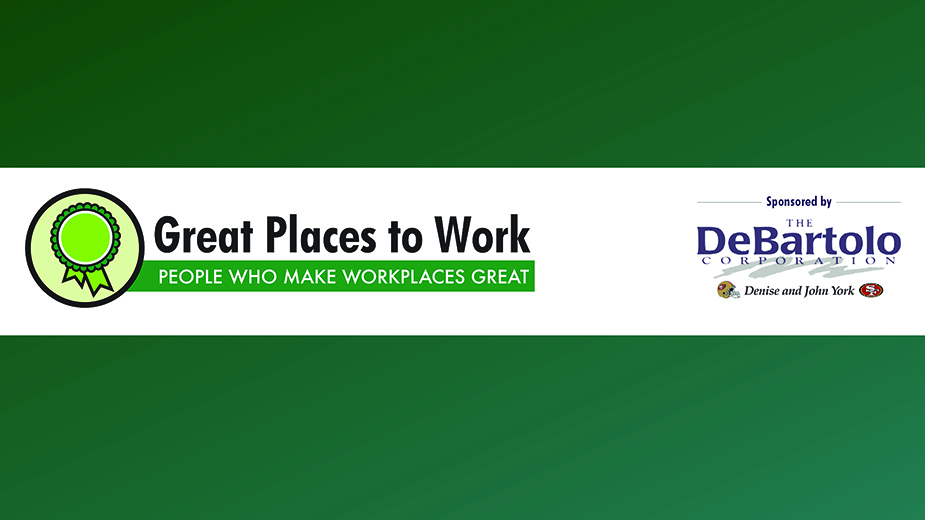YOUNGSTOWN, Ohio – When it comes to the things that make a workplace great, conversations usually focus on tangible benefits such as paid time off, flexible hours, clean spaces, and opportunities for advancement.
But it’s important to recognize the flip side of the coin. Companies are defined by their people, and the culture created by their employees is just as much a part of the equation as any other factor.
Here are some of the most important qualities, characteristics, and traits possessed by those who help to make their companies great places to work:
STRONG INTEGRITY
No one wants to work in a place where they feel the need to constantly look over their shoulder or feel guilty about the decisions they make. Employers should encourage their staff to act ethically and responsibly, but employees can also help in this regard by behaving with integrity.
Being honest in conversations, taking responsibility for mistakes, and not engaging in gossip or negative behavior all go a long way in fostering trust between colleagues, as well as with management. This creates an atmosphere of mutual respect that is essential for any successful organization.
LOOKING OUT FOR EACH OTHER
Employees that are willing to lend a hand to their colleagues, mentor newbies, and offer support on difficult tasks can have a major impact on the atmosphere of any workplace.
Feeling connected to coworkers has been found to improve work satisfaction, reduce stress, and lead to higher levels of productivity. This is especially important in remote or home office settings, where employees may not have the opportunity to interact as often with their colleagues.
APPRECIATION FOR OTHERS
Recognizing accomplishments within the workplace and celebrating each other’s successes can be incredibly motivating and demonstrate a strong sense of camaraderie among colleagues. In some cases, its benefits are wide-reaching.
A study conducted by The Boston Consulting Group and The Network worked with over 200,000 individuals to find an answer to the question: “What makes you happy on the job?”
The answers resoundingly concluded that recognition and appreciation was the No. 1 factor, outscoring an attractive fixed salary, which ranked eight on the final list.
PATIENCE
It’s also not uncommon to work with someone who applies an impressive amount of patience and understanding to every situation, regardless of the dynamic. These people often remain calm in stressful situations and are willing to listen when others are having a hard time.
Patience is particularly important to workplace satisfaction for new staff who are just beginning to learn the ropes.
POSITIVITY
Positivity tends to be contagious. Having a colleague who remains calm in the face of setbacks and emphasizes that obstacles can be overcome is an invaluable asset to any team. This mindset encourages productivity, carries over into other areas of the workplace and gives employees the confidence to take on new challenges.
Whether it’s with a smile, a joke, or an encouraging word, colleagues that carry themselves with optimism and positivity can be the difference between success or failure.
RESPECT AND KINDNESS
Many people consider the kindness of their colleagues a telling indicator of the quality of their workplace. It reflects everything else that is going on, from the morale of the team to how management handles issues.
When employees care about each other and treat one another with respect, it demonstrates a level of trust and loyalty that is difficult to replicate. It also encourages others to be mindful of their impact on the team and the company at large.
Employees bring their own personalities, attitudes and values to the workplace, and these can have a huge impact on the overall atmosphere that everyone shares. This can be positive or negative, but either way, it’s a crucial element for any business.
